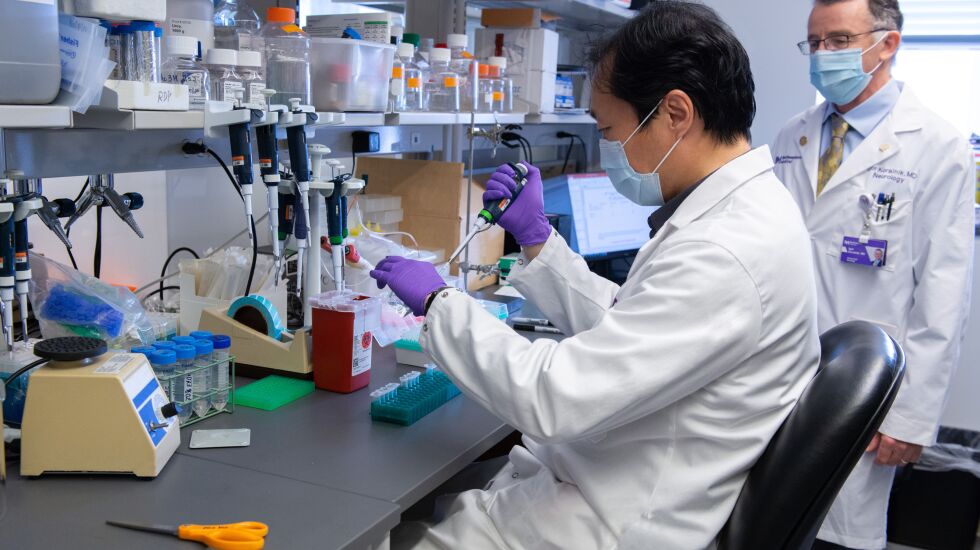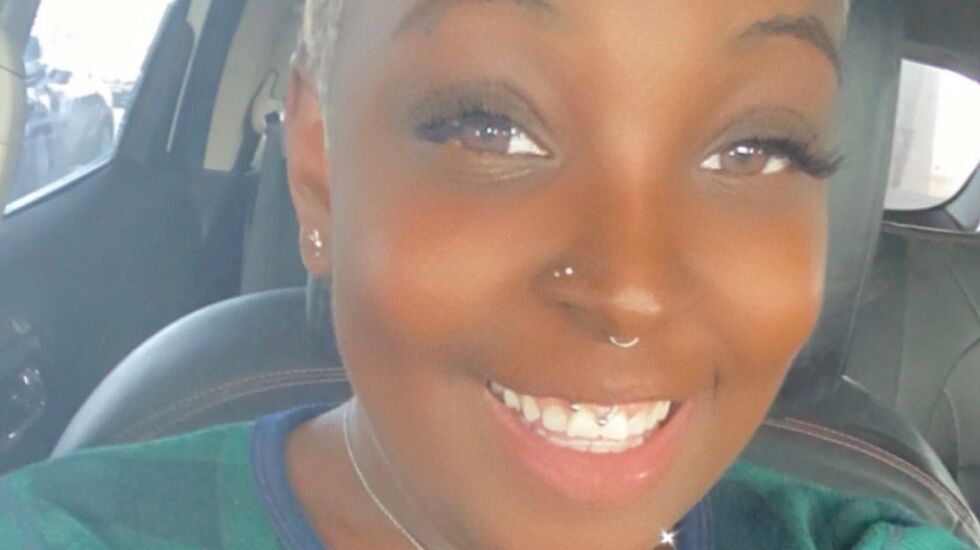
Imani Ibrahim, a 34-year-old social worker, recently moved into a new home. She’s not quite sure what the house smells like — it could smell like rotten food, for all she knows.
Before March 2020, the Bronzeville resident relished indulging in doughnuts and churros. But now, at places like an amusement park where the sweets are mainstays, she’s unable to enjoy the smells she loves. She can’t tell flavors, either.
Ibrahim is among an estimated 1 in 13 adults in the United States who suffered from long-term COVID-19 effects and symptoms, which also include brain fog, migraines and fatigue.
She suspects she caught the virus in March 2020 but repeatedly tested negative. Six months later, after prolonged symptoms, she took an antibody test at the urging of her doctor and discovered she’d had the coronavirus at some point.
Testing was spotty in the early days of the pandemic.
Ibrahim is one of potentially millions of people across the U.S. who showed so-called long-COVID symptoms as far back as 2020 even though she initially tested negative for the virus back then, Northwestern University researchers say in a new study.
Researchers found people who complained of symptoms consistent with long COVID but were not formally diagnosed during their infection.
Some people who did not test positive due to limited access to comprehensive testing have developed long COVID but were unable to get treatment right away from post-COVID clinics, the study found.
Those with long-COVID symptoms, according to research published Wednesday in the journal Neurology: Neuroimmunology & Neuroinflammation, may have lacked an official diagnosis, leading to a delay in care.
The Northwestern Medicine Neuro COVID-19 Clinic did not deny appointments to those who had long-COVID symptoms, says Dr. Igor Koralnik, who oversees the clinic and led the research.
The study included 29 patients, mostly females. Women appear to be affected by autoimmune diseases and responses more often than men, leading to symptoms consistent with long-COVID effects, Koralnik said.
The study suggests post-COVID clinics shouldn’t require a positive COVID-19 test.
Those patients who tested positive during comprehensive testing, Koralnik said, should feel “vindicated.”








